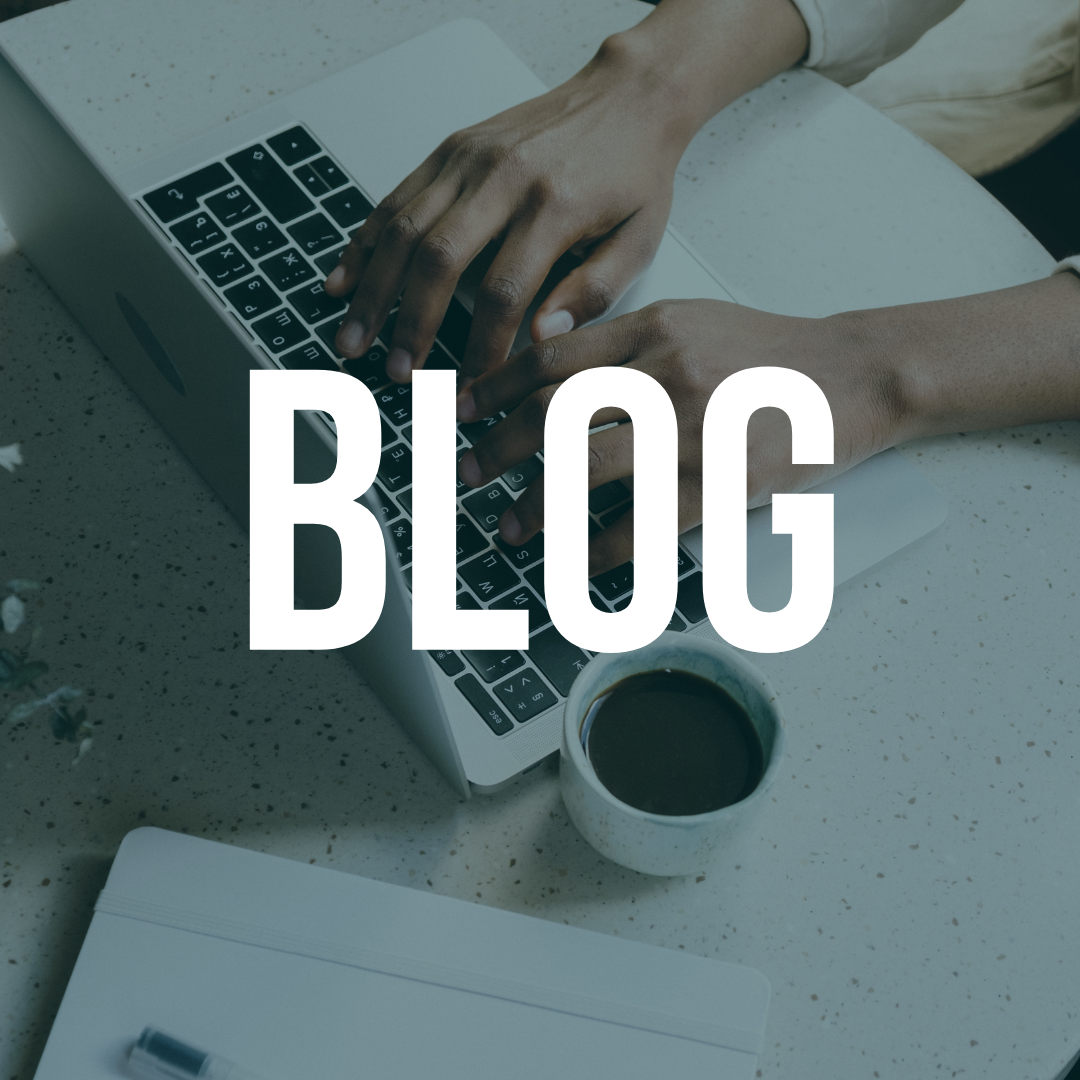Have you ever considered the consequences of our daily, seemingly harmless, swipes and likes on social media?
Each day, billions of us engage with these platforms, creating an intricate digital network that binds us together. Yet behind the engaging posts and vibrant communities, a more sinister reality lurks.
This seemingly harmless daily ritual of scrolling, posting, and liking has been linked to a rise in mental health issues, casting a long, often unspoken, shadow over our wellbeing.
But how deep does this digital influence go, and how does it affect our mental health on such a large scale? Let’s explore this together.
Loneliness and FOMO –
Social media has a significant impact on how we see ourselves and interact with others. It’s filled with carefully crafted portrayals of seemingly perfect lives, showcasing extravagant trips and joyful faces, creating an illusion of perpetual happiness and achievement.
This presentation can often lead to a phenomenon known as the ‘Fear of Missing Out’ (FOMO).
FOMO, a term that’s become popular in the age of social media, is all about feeling anxious because you think something cool or interesting is happening somewhere else. It happens when you see posts on social media that make other people’s lives look perfect. This can make you feel like you’re not good enough and even lonely, even if you have friends and family around you.
Anxiety and Depression –
The design of social media platforms is optimized to capture and keep our attention, leading us to sometimes spend an excessive amount of time scrolling through feeds. This constant engagement can negatively impact our mood and contribute to feelings of anxiety and depression. Research has indicated a correlation between high social media use and increased levels of anxiety and depression.
The reasons behind this association can vary – from the pressure to maintain an idealized online persona, the exposure to toxic or negative content, to the addictive nature of the platforms themselves that can lead to sleep deprivation and other unhealthy habits.
Moreover, the comparison of our lives with the curated lives of others can create feelings of inadequacy and low self-esteem, further heightening feelings of anxiety and depression.
Self-esteem Issues –
The meticulous construction of profiles on social media platforms often don’t show the struggles, failures, and mundane aspects of life, creating a skewed reality that only showcases success and happiness.
This misrepresentation can lead to harmful and unrealistic comparisons, where users measure their lives against these idealized digital personas. These comparisons often undermine self-esteem, as individuals may feel that their own accomplishments, experiences, or lifestyles do not match up to those they perceive online.
Such feelings of inadequacy can intensify self-criticism and dissatisfaction, perpetuating a cycle that further erodes self-esteem.
Cyberbullying and Trolling –
Sadly, the relative anonymity offered by online spaces has given rise to a culture of disrespect and harm, with some individuals using these platforms to target and harass others. This type of behavior, known as cyberbullying or trolling, can seriously damage a person’s mental well-being.
Victims may experience feelings of fear, distress, and isolation, often leading to a significant decrease in self-esteem and a spike in anxiety and depression symptoms.
The nature of the internet allows these harmful actions to take place at any time, adding a pervasive and inescapable quality to the experience that can exacerbate its detrimental effects.
Addiction and Withdrawal –
The process of receiving “likes” and comments on social media posts triggers the release of dopamine, a neurotransmitter associated with feelings of pleasure.
This positive reinforcement can make social media usage addictive for some. Over time, individuals may find themselves increasingly reliant on social media for validation and emotional support, leading to excessive usage that can interrupt daily life and contribute to unhealthy coping mechanisms.
When usage is reduced or interrupted, withdrawal symptoms including restlessness, irritability, and discomfort may occur.
The Illusion of Comparison –
The saying “comparison steals joy” is especially true when it comes to social media. Users often get caught up comparing themselves to the curated posts of their peers, friends, or even celebrities.
These platforms are saturated with images of luxurious vacations, impressive professional achievements, and picture-perfect relationships, all of which can create a distorted perception of reality.
This incessant need for comparison has been directly linked to an increase in feelings of inadequacy, dissatisfaction, and low self-esteem amongst users.
Research indicates that staying off social media can significantly reduce these harmful comparisons, aiding individuals in appreciating their unique journeys, thus promoting healthier mental well-being.
The Positive Benefits of Social Media on Mental Health:
Despite the potential negatives, social media also offers several mental health benefits when used responsibly:
1. Community Building: Social media platforms provide a virtual space where individuals can find and connect with like-minded communities. This sense of belonging can be particularly beneficial for those who feel isolated in their physical environments.
2. Information and Resources: Through social media, individuals have access to a wealth of information about mental health. Numerous organizations and advocates use these platforms to share resources, tips, and stories that can help people understand and manage their mental health conditions.
3. Support Networks: Social media platforms can serve as crucial lifelines, providing individuals with access to support groups and mental health professionals who can provide guidance, counseling, and emotional support.
4. Self-Expression: Social media offers a platform for self-expression and creativity, giving individuals an outlet to share their thoughts, experiences, and emotions, which can be therapeutic and beneficial for mental wellbeing.
5. Awareness and Advocacy: Social media has enabled widespread awareness about mental health. Many individuals and organizations use these platforms to debunk myths, challenge stigmas, and advocate for mental health policies, contributing to a more informed and supportive societal attitude towards mental health issues.
Tips for Healthy Social Media Usage:
While the potential benefits of social media are clear, it is crucial to navigate this digital landscape mindfully to prevent adverse effects on mental health. Here are some strategies to help maintain a healthier relationship with social media:
1. Set Boundaries: Enforce time limits on your social media usage to prevent overexposure. Many platforms now provide tools to track and limit your daily usage.
2. Curate Your Feed: Be selective about who you follow. Surround yourself with positive, uplifting content and avoid accounts that make you feel inadequate or anxious.
3. Digital Detoxes: Regularly schedule whole days, or even weekends, away from social media. Use this time for hobbies, connecting with loved ones, or simply relaxing.
4. Mindful Scrolling: Be present and intentional while using social media. Before you log in, define a purpose for your session – be it learning, connecting with friends, or catching up on news.
5. Seek Professional Help: If you notice that social media is causing significant stress or anxiety, don’t hesitate to seek help from a mental health professional. They can provide strategies and tools to cope with the digital stressors effectively.
Signs That Social Media May Be Negatively Influencing Your Mental Health:
It’s vital to recognize when social media usage might be harming your mental health. Here are some warning signs to be aware of:
1. Increased Anxiety or Depression: If you find yourself feeling more anxious or depressed after using social media, it could be a sign of negative impact.
2. Feeling ‘Addicted’: If you’re constantly checking your social media and feel restless when you can’t, you might be developing an unhealthy dependence.
3. Disturbed Sleep: Too much screen time, especially before bed, can interfere with your sleep patterns, leading to fatigue and mood swings.
4. Comparison and Dissatisfaction: If you frequently compare your life to others’ and feel dissatisfied, it might signal that social media is affecting your self-esteem.
5. Neglected Responsibilities: When social media usage starts interfering with your day-to-day responsibilities like work or studies, it’s time to reassess your habits.
Remember, everyone’s experience with social media is unique, so you may experience different signs. If you notice any of these indicators, consider taking steps to address it or seeking help from mental health professionals.
Wrapping It Up:
It’s crucial to remember that social media is merely a highlight reel of people’s lives, not a comprehensive, unedited documentary. What you see are the best bits, the wins, and the moments worth sharing, not the everyday struggles, the bloopers, or the challenges that everyone inevitably faces. It’s akin to watching a movie trailer and believing it’s the whole film. Therefore, comparing your unique journey, with its ups and downs, to another’s highlight reel is not only unfair but also unrealistic.
Remember, every person you see on social media, no matter how ‘perfect’ their lives appear, faces their unique set of struggles, just like you. Social media, in a sense, isn’t ‘real.’ It’s a carefully curated, polished display rather than a true reflection of the full human experience.
If you’re struggling, it’s okay to take a break from the digital world. Prioritize your mental health, reach out to professionals if needed, and remind yourself that it’s perfectly okay to have ‘blooper’ days. Social media doesn’t define your worth or your journey. You’re doing just fine, and you’re not alone in your struggle.







